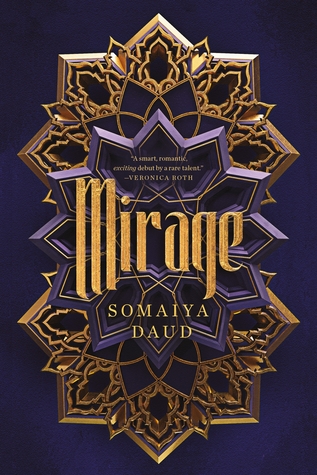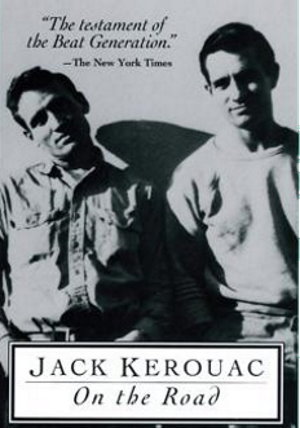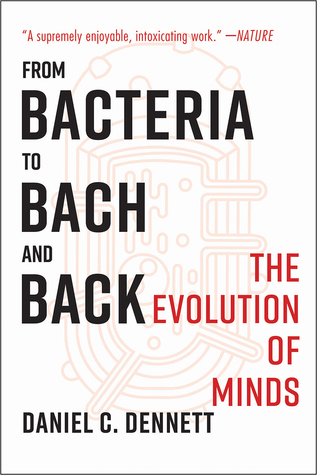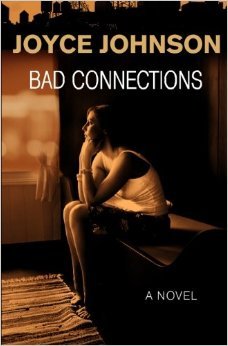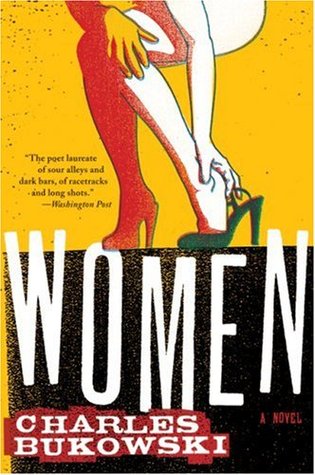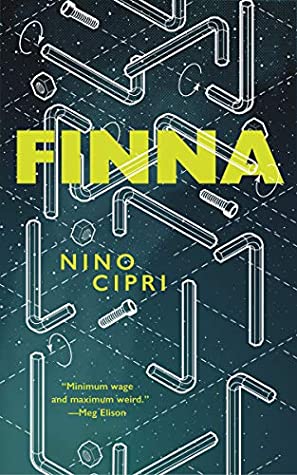Stranger in a Strange Land, by Robert A. Heinlein

Stranger in a Strange Land is mainly satire. It tries to shake the reader from stasis and make them ask questions and think for themselves. For Robert A. Heinlein, science, freedom of thought and critical thinking were really important and it shows in how he approaches the story. However, the book is also philosophy, pulp fiction, religious experimentation, erotica, science fiction and pure lunacy. Also, if you are one of the social justice people, don't read this book, especially feminists.
First published in 1961, it both shows its age and is way ahead of its times. The book immensely influenced culture to the point that it added a new word to the English dictionary: "grok", which is used throughout the book as a synonym to "comprehend", although apparently it means a lot more.
The book is pretty damn large, split into five parts which each felt like a different story. Probably today it would have been published as a pentalogy. The first part is pure science fiction satire. A young man, raised by Martians, returns to Earth, where he has to confront the reality of our culture. Shots are fired towards everything: politics, law, religion, capitalism, culture.
The second part is about him finding some allies which protect him and allow him to have the time to evolve. Here it kind of transforms to the normal kind of pulp published at the time (and since).
From the third part on, Heinlein gives agency to his character. People interact with him, teach him about the world while he starts "spreading his wings". A lot of discussion about how he naively perceives the world. More focus is put on his superpowers: he can not only make stuff (and people) disappear forever, but he can control his body, move things with his mind, is capable of telepathy.
In the fourth part, Mike the Martian becomes a cult leader. He establishes a church, starts filtering people through a number of "circles" and at the end he has them speaking and thinking in Martian, which gives them the same powers that he has. His church is all about free love, communal ownership (if it even matters), group telepathy and so on. At this point I was reminded of The Center of the Cyclone, which started as a scientist's journal on LSD experimentation and ended as a complete mental breakdown of a person communing with extraterrestrial beings.
The fifth part just wraps it all up in a biblical allegory, with Mike the God sacrificing himself for his church and humanity as a whole.
It took me forever to finish the book. Partly because I was focused on other stuff, but also because the book is filled with random stuff. You might think that as Mike is the primary character, he is also the protagonist, but instead this old man Jubal is the carrier of the reader's point of view. The man is cultured, intelligent, arrogant, likes to hear himself speak, condescends to everybody and is generally grumpy - which is presented as being endearing, but in fact it's pretty annoying. He lives in a grand mansion with four young girls, which are his secretaries. When he permits them, they are quite lively and opinionated :) Apparently, many considered Jubal as a stand in for Heinlein himself.
I admit that I loved the first part of the book. I thought it was humorous and poignant, laying bare the hypocrisy of the modern world. Also it had a good pace, it was presenting new information and there was no Jubal. Then things started to feel a bit weird, but I kept at it. The ending was almost like having to listen to one of those convinced hippies telling everybody how God is love and therefore you should let him fuck you. There are entire chapters about Jubal explaining someone how things truly are and why that person is wrong in their thoughts or beliefs. And then there is the church of love thing, where everybody groks and drinks deep and calls everybody "dear", while smugly announcing that they have the answer to everything.
As far as I know Heinlein specifically tried to piss off people with the book, to shake things up. It all started from a idea of his wife's to write a Mowgli book, but where the kid has been raised by Martians. more than a decade later, this is the result. I think the Strugatskys did a better and more concise job in Space Mowgli, yet Heinlein managed to inspire whole generations with this book. To this day there is an actual church that follows the principles in the book and a Heinlein Society dedicated to encouraging critical thinking. Who am I to criticize it? But it was damn hard to finish.
